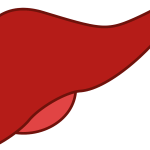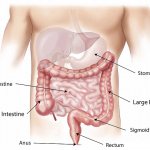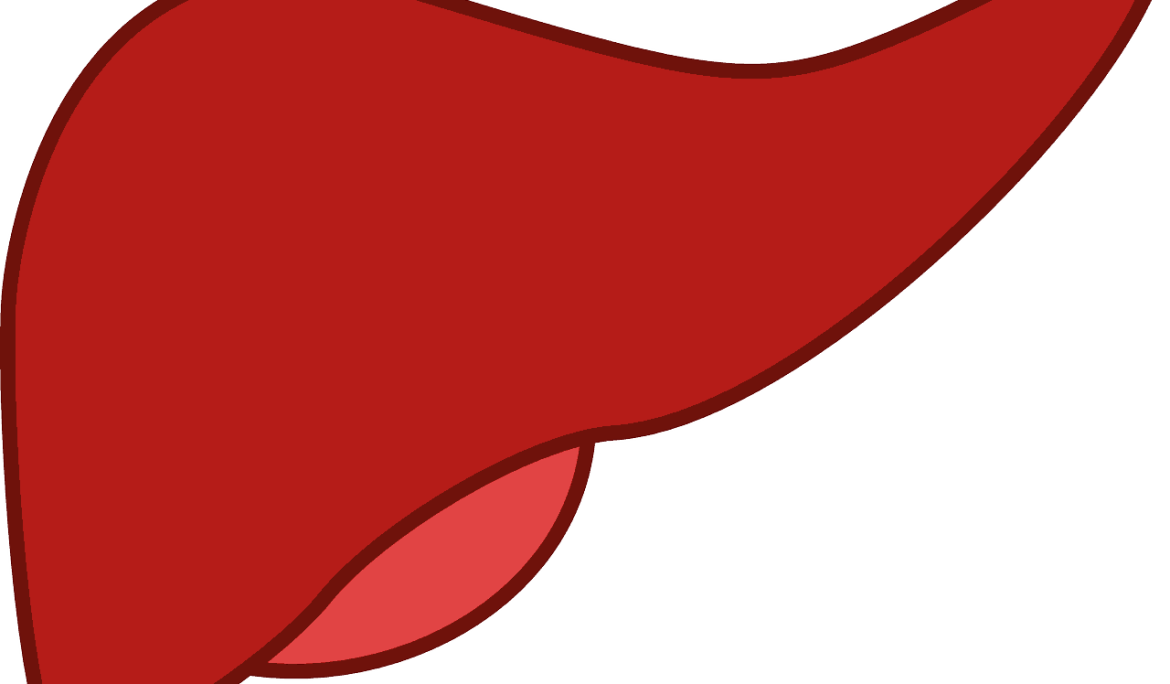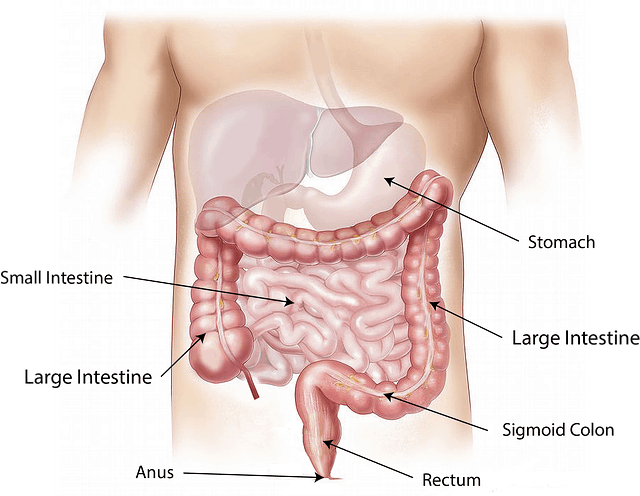URINARY Tract Infection (UTI) is an infection in any part of your urinary system – your kidneys, ureters, bladder and urethra.
Most infections involve the lower urinary tract – the bladder and the urethra.
UTIs typically occur when bacteria enters the urinary tract through the urethra and begins to multiply in the bladder. The most common UTIs occur mainly in women and affect the bladder and urethra.
UTIs are broadly classified into three types. Infection of the urethra (urethritis), bladder (cystitis) and kidneys (acute Pyelonephritis) and they are more common in women who often may develop more than one infection during their lifetime, particularly because women have a shorter urethra than men which shortens the distance the bacteria travels to reach the bladder.
Sexually active women have a higher chance of developing UTI as well. After menopause, a decline in circulating estrogen causes changes in the urinary tract that makes older women more vulnerable to infection.
Kidney stones or an enlarged prostate can trap urine in the bladder and increase the risk of UTIs. Diabetes and diseases that impair the immune system can increase the risk of UTIs as well. Urinary catheter use or recent urinary procedures increase the risk of developing UTI also.
UTIs more often than not don’t come with visible signs and symptoms but when they do they may include, a strong persistent urge to urinate, a burning sensation when urinating. Passing frequent and small amounts of urine that appears cloudy are also some of the signs and symptoms.
The urine might also appear red, bright pink or cola-colored with a strong smell and pelvic pain especially in women.
When treated promptly and properly, lower UTI rarely leads to complications. But if left untreated it can have serious complications such as recurrent infections, permanent kidney damage, and urethral narrowing (stricture) especially in men with recurrent urethritis, septicaemia with recurrent Pyelonephritis. In pregnancy it can cause premature labour and potentially cause low child birth weight.
You can take the following steps to reduce risk of contracting UTIs: Drink plenty of fluids, especially water to dilute your urine and cause you to urinate frequently in the process flush out bacteria from your urinary tract system. You must also wipe from front to back thus preventing bacteria from the anal region spreading to the vagina and urethra as well as emptying your bladder soon after sexual intercourse.
If you suspect that your might have a UTI see your family doctor. Your doctor will probably do a urine dipstick and send off some urine for microscopy culture and sensitivity. Antibiotics usually are the first line treatment for urinary tract infections.
Dr. Makemba Shayela Nelson – MBChB – University of Kwazulu-Natal, Durban, South Africa. Nesha Medical Practice.
Source: Confidente










